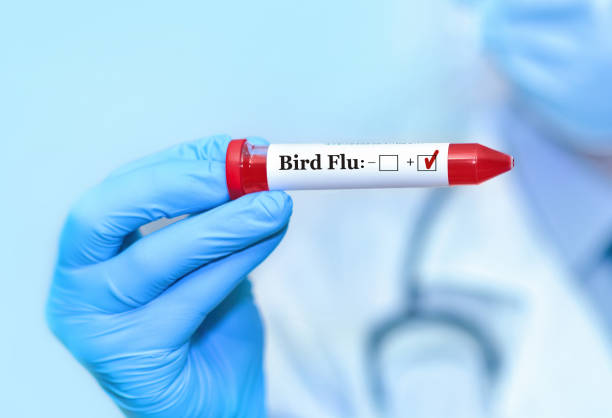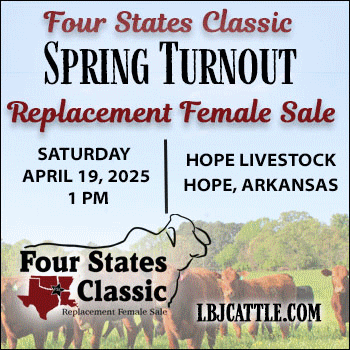A new human bird-flu case identified in a Michigan dairy worker is the first in the U.S. to involve acute respiratory symptoms, the Centers for Disease Control and Prevention said Thursday.
This is the third human case linked with the ongoing outbreak of H5N1 bird flu in U.S. dairy cows. The two earlier cases had eye-infection symptoms rather than respiratory issues.
The risk to the general public remains low, the CDC said, but the new case highlights the importance of protective equipment such as masks, goggles and gloves for people who have exposure to potentially infected animals. People should also generally avoid close exposure to sick or dead animals, including wild birds and poultry, the agency said.
The new Michigan case involves a worker who had direct exposure to an infected cow, and the earlier case in the state occurred after a worker had a direct splash of infected milk in the eye, Natasha Bagdasarian, chief medical executive for the state of Michigan, said in a statement Tuesday. Neither worker was wearing full personal protective equipment, Bagdasarian said.
The CDC said it is closely monitoring flu surveillance systems and has seen no signs of unusual flu activity in people, such as increased flu-related emergency-room visits or higher numbers of lab-detected flu cases.
The new human case is linked with a different farm than the Michigan case reported last week, the CDC said. The new patient had a cough and eye symptoms and is recovering after being treated with Tamiflu, the agency said.
“Farmworkers who have been exposed to impacted animals have been asked to report even mild symptoms, and testing for the virus has been made available,” Bagdasarian said.
At the federal level, the Administration for Strategic Preparedness and Response, a unit of the U.S. Health and Human Services Department, has already started the fill and finish process for about 4.8 million doses of vaccine that could be used against the currently circulating bird-flu strain, an agency spokesperson told MarketWatch late last week.















